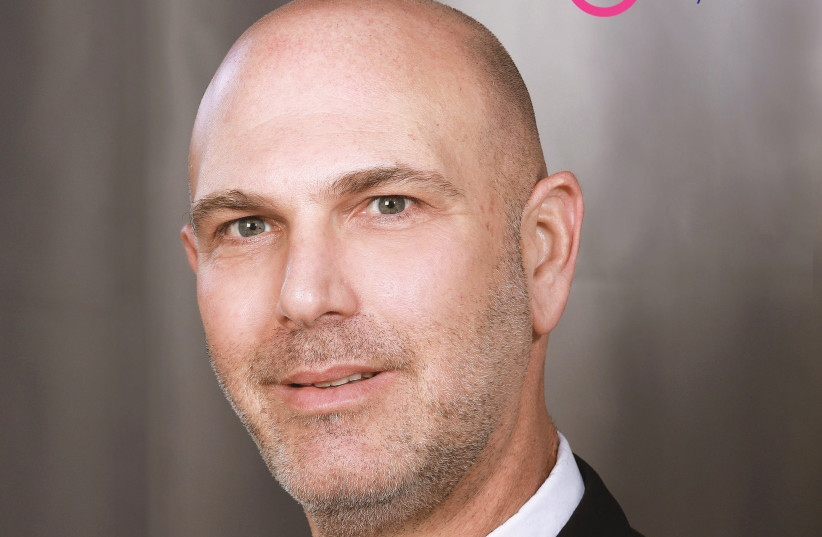A four-day humanitarian medical mission was carried out this week by physicians at Sheba Medical Center at Tel Hashomer to provide advanced treatment and training for local specialist medical teams in Bahir Dar, northern Ethiopia.
The effort focused on neonatal care and increasing the capacity for long-term quality specialized healthcare there. It was guided by the commitment of Israel’s largest hospital to improving health equity in developing regions, using expertise and technology to impact global healthcare.
“Together with my Sheba colleagues, I was honored to have the opportunity to share our knowledge and skills with our local colleagues in Ethiopia and to work together to treat patients with the latest life-saving treatments,” said Prof. Tzipi Strauss, director of Sheba’s neonatology department. “Our mission is not only about providing direct care to patients, but also empowering and educating local medical teams so that they can continue to provide top-quality care long after we leave. We believe that by working together, we can make a sustainable impact on the healthcare system in Ethiopia and help improve the lives of countless families in the region.”
“Our mission is not only about providing direct care to patients, but also empowering and educating local medical teams so that they can continue to provide top-quality care long after we leave. We believe that by working together, we can make a sustainable impact on the healthcare system in Ethiopia and help improve the lives of countless families in the region.”
Tzippi Strauss
Offering top-quality care to the local population
The team of specialists joined forces with healthcare providers in Bahir Dar to offer top-quality care to the local population. The mission included specialized neonatal care for premature and critically ill infants after birth and special care and surgeries for infants with congenital defects.
While the standard of medical care varies widely across Ethiopia, limited access to modern medical facilities and equipment and widespread poverty, malnutrition and poor sanitation have resulted in an average life expectancy of 66 years, which is lower than the global average of 72.

Despite these challenges, the Ethiopian government and international organizations, together with the help of humanitarian missions like Sheba’s, are working to improve the overall standard of healthcare in the country and enhance medical capabilities in the wider region.
“Sheba’s commitment and dedication to extending a hand to those in need across the globe is a fundamental guiding principle for us,” said Yoel Har-Even, director of Sheba Global’s international division and resource development. “Our mission in Ethiopia includes some of the most skilled physicians our hospital has to offer, allowing us to not only treat patients in need but to lay the foundation for future progress in the region. We are proud to make a positive impact on humanity and to offer hope without boundaries.”
